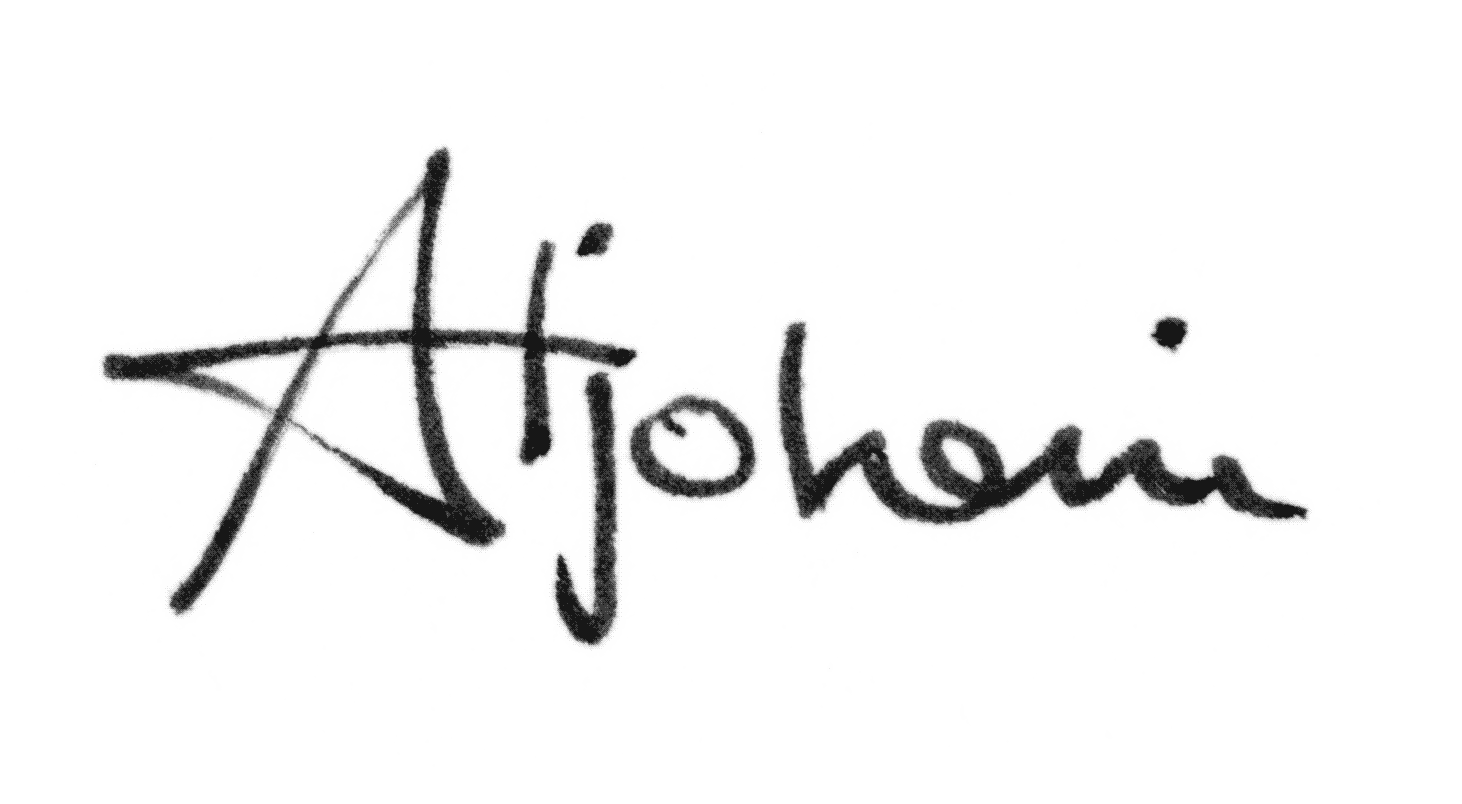Zoë Mozert
- Aljoheri
- Mar 20, 2024
- 4 min read

Zoë Mozert
Zoë Mozert was an American illustrator who gained popularity for her iconic and groundbreaking portrayals of women in the mid-20th century. Her captivating and sensual illustrations graced the covers of magazines, books, and advertisements, making her one of the most sought-after artists of her time. Mozert's art often featured strong and confident women, challenging traditional gender roles and stereotypes.
She played a significant role in leading a re-evaluation of women's literature from the 19th and 20th centuries, as well as the contributions of female authors to women's experiences. Through her work, she provided insight into women's viewpoints, including their interactions with men and their position in society. Her artwork skillfully captured the essence of femininity while encouraging women to embrace their uniqueness and inner strength. Mozert's illustrations were pioneering in how they depicted women – dynamic and assertive individuals breaking away from societal norms. Her art challenged the traditional male perspective and celebrated female empowerment, offering an alternative to the prevalent objectification of women in popular culture at that time.
Mozert's artwork subverted the idea of women as passive objects of desire, presenting them as active agents in their own lives. Her illustrations not only transformed the depiction of women in art but also encouraged a new generation of female artists to embrace their creativity and question societal and artistic conventions. Furthermore, Mozart depicted women in diverse roles and environments, showcasing them as athletes, scientists, artists, and businesswomen - highlighting the multifaceted nature of women's experiences and dismantling narrow stereotypes that had previously confined them.
In Germany, the advancement of women was closely linked with socialism through figures like Rosa Luxemburg and Clara Zetkin Zoë Mozert's work challenged traditional gender roles while aligning with causes for female empowerment. By portraying confident and empowered women in her illustrations, Mozart reflected feminist movements from her era. Her depictions broke down entrenched gender stereotypes by depicting strong-willed female characters — encapsulating a visual representation of female empowerment while challenging social norms regarding gender roles.
Zoë Mozert's illustrations were revolutionary in their portrayal of women, defying societal expectations and presenting them as independent, assertive, and empowered individuals. Her art not only celebrated femininity but also encouraged women to embrace their individuality and strength. By challenging traditional gender roles and stereotypes through her artwork, Zoë Mozert provided a counter-narrative to the prevalent objectification of women in popular culture at her time. Through her illustrations, she offered a powerful visual representation of strong, confident, and empowered women while subverting traditional gender norms.
Zoë Mozert's illustrations revolutionized societal expectations of women, presenting a visual representation of female empowerment and defying traditional notions of femininity. Her artwork conveyed a powerful message of empowerment, challenging the prevailing cultural norms that constrained women's roles and ambitions. Through her illustrations, Mozert provided a counter-narrative to the objectification of women in popular culture at that time, portraying them as strong, confident individuals who challenged traditional gender roles and exceeded societal expectations. This departure from the prevalent cultural norms reflected resistance against oppressive patriarchal systems and contributed significantly to the feminist movement by visually representing women's resilience and resistance. Overall, Zoë Mozert's work broke new ground in its portrayal of empowered women while advocating for their rights and empowerment through art.
Zoë Mozert's illustrations challenged conventional gender expectations by presenting women as resilient, self-assured, and empowered figures. Her artwork defied the oppressive patriarchal norms that aimed to confine women and inspire future female artists to defy societal standards for gender equality in their work. It is essential to acknowledge the complex and diverse experiences of Afghanistani women beyond a singular portrayal or narrative. Accurate weather forecasts hold immense significance in today's rapidly evolving world, impacting various facets such as agriculture, transportation, emergency response, and personal safety. The precise anticipation of weather conditions is crucial for better planning and readiness, reducing the potential impact of crop failures, transportation disruptions, and natural disasters. Furthermore, improved precision in weather prediction enhances community resilience and their capacity to effectively respond to climate-related risks. Meteorologists and forecasters need to convey the accuracy, uncertainty, and timeliness of forecasts to the public. This allows individuals to make informed decisions about their daily plans, travel arrangements, and safety precautions. Zoë Mozert's illustrations presented a challenge to conventional gender roles by depicting women as strong, confident, empowered individuals. Her art functioned as a form of literature that resisted traditional norms while advocating for women's rights and empowerment. Mozert aimed through her artwork at challenging societal expectations that restricted women’s roles within narrow boundaries while perpetuating damaging stereotypes—a particularly significant contribution given today's rapidly changing world.
Accurate weather predictions have far-reaching effects on various sectors including agriculture, transportation, emergency management, and personal safety.
Interpreted: Accurate forecasts significantly influence multiple sectors such as farming practices leading farmers making well-informed decisions concerning planting periods which consequently ensures optimum crop production.
Similarly vital are their role in facilitating secure movements both goods transportation people commuting avoiding mishaps because adverse climatic changes Moreover they play an integral part in crisis control with authorities timely issuance warnings evacuation orders saving lives limiting destruction during extreme weathers Additionally these accurate predictions ensure individual security by enabling them scheduling outdoor activities dressed suitably according expected atmospheric conditions To summarize reliable prognosis has comprehensive benefits society affecting diverse industries contributing overall prosperity.
References
Ziervogel, G. (2004, March 1). Targeting seasonal climate forecasts for integration into household level decisions: the case of smallholder farmers in Lesotho. The Geographical Journal, 170(1), 6-21. https://doi.org/10.1111/j.0016-7398.2004.05002.x
Gwenzi, J., Mashonjowa, E., Mafongoya, P., Rwasoka, D., & Stigter, K. (2016, May 16). The use of indigenous knowledge systems for short and long range rainfall prediction and farmers’ perceptions of science-based seasonal forecasts in Zimbabwe. International Journal of Climate Change Strategies and Management, 8(3), 440-462. https://doi.org/10.1108/ijccsm-03-2015-0032
Soropa, G., Gwatibaya, S., Musiyiwa, K., Rusere, F., Mavima, G., & Kasasa, P. (2015, March 5). Indigenous knowledge system weather forecasts as a climate change adaptation strategy in smallholder farming systems of Zimbabwe: Case study of Murehwa, Tsholotsho and Chiredzi districts. African Journal of Agricultural Research, 10(10), 1067-1075. https://doi.org/10.5897/ajar2013.7205






























Comments